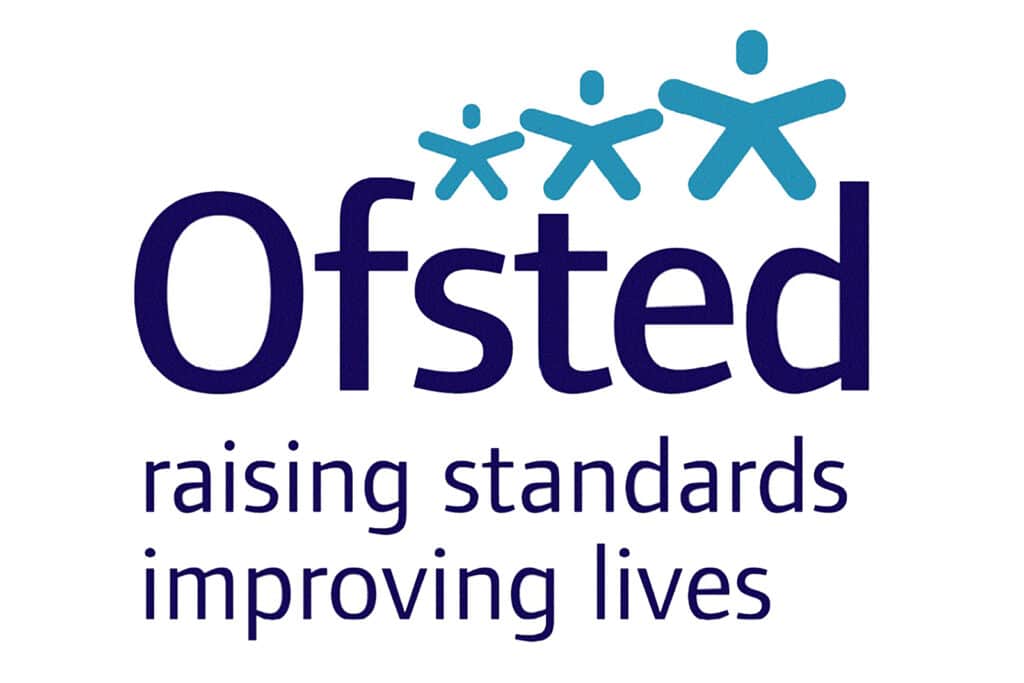With the end of lockdown now in sight and the demand for childcare services steadily growing, if you’ve got the right skillset and an entrepreneurial spirit, there’s never been a better time to consider starting your own business as a registered childminder. Sound interesting? In this article, we’ll outline the practical steps you’ll need to take to start your own childminding business, what qualifications you’ll need, and key steps you’ll need to consider such as conducting market research and coming up with a business plan. We’ll also take a look at specific industry concerns such as Ofsted, health and safety, compliance, and safeguarding.
First Steps: Is a Childcare Business Right for You?
While setting up your own childcare business can certainly be an enjoyable endeavour and profitable to boot, it’s important to consider practicalities, especially if you’ll be running your business from home. Becoming a childminder is a much more flexible option than the alternative of opening up a day nursery, which is heavily regulated and costly. However, there’s still plenty you’ll need to consider:
Is your home suitable?
The first thing you’ll need to consider is the available space. Whilst your home might look large now, once you start your business, you’ll need to buy quite a lot of equipment, especially if you’re taking care of young children. Cots and toys take up room. If you don’t have enough space, you might need to make alterations, requiring planning permission.

You’ll also need to take a good look around and identify any potential hazards; kids love to explore and will get into everything, so investing in childproofing equipment is a must, as well as an Ofsted requirement if you’re taking care of young children. Lastly, you’ll need to find out whether you’re allowed to run a childcare business from your home under the law; if you own a rented property, for instance, you’ll need the landlord’s permission.
Is your family on board?
This is one of the key things you’ll need to consider when you’re planning to start a childcare business at home. Remember that your new venture will impact your whole family, so it’s vital that everyone who lives in your house is just as enthusiastic about it as you are.
How many children can you register to care for?
When considering how to start a childcare business in the UK, it’s important to familiarise yourself with the rules and regulations: In England, the limit for the number of children you can legally care for at one time is six children under the age of eight. This number also includes your own children. Therefore, you need to consider whether your new business venture will be practical (and profitable) for you. If you have triplets of your own, for instance, you might decide to reconsider!
Are you fit and healthy?
It goes without saying that caring for young children can be physically taxing. You’ll be spending lots of time on your feet, young children may need to be carried, and there’s also cumbersome equipment such as pushchairs to manoeuvre. In order to be approved by Ofsted, you’ll need to complete a medical check with your GP, which will certify that you’re healthy enough to work as a childminder.
What Qualifications Do You Need to Start a Childcare Business?
In order to become a registered childminder approved by Ofsted, you’ll firstly need to complete a professional childcare training course approved by your local council. These courses, such as our NCFE CACHE Level 3 Award in Preparing to Work in Home-based Childcare, will give you a great overview of age-appropriate learning and development and will help you to implement the EYFS (early years foundation stage) framework with children as you plan activities if you’ll be looking after children under the age of five.

You’ll also learn about safeguarding, child protection, and health and safety. Next, you’ll need to complete a paediatric first aid course to fully prepare for any emergencies that might arise. Lastly, you’ll need to attend a child protection course, as you must be able to identify any children in your care who are experiencing any kind of harm or abuse.
How to Become a Registered Childminder – Everything You Need to Know
In accordance with Ofsted guidelines, you’ll need to register as a childminder if you’re being paid to look after any children under the age of eight for more than two hours a day in a home setting. Even if you don’t fit into that criteria, however, you can still register, and there are certainly some benefits to doing so: you can apply for a childcare business grant to help with setting up costs, your details will be listed online with Ofsted, you’ll get access to advice and professional development opportunities, and you’ll also be able to reassure parents that your home has officially been recognised as a safe childcare environment. In order to register, you’ll need to complete the qualifications we discussed above, and everyone in your home over the age of 16 will also need to pass an enhanced DBS check, which costs £40 each. After you’ve satisfied all the criteria above, you’ll need to fill in a form online, which takes around 12 weeks to be processed, and pay a £35 administration fee. You’ll also be asked which register you’d like to join:
- The Early Years Register, which is for childminders taking care of children from birth to the age of five.
- The Childcare Register, which is for childminders taking care of children from the ages of five to eight.
- The Voluntary Childcare Register, which childminders can choose to join if they’re taking care of children over the age of eight.

Childcare Business Planning Advice
So, you’ve got the funds, you’ve got the space, and you’ve got the enthusiasm. Before you begin, however, it’s important to slow down and do some serious planning to make sure that your business is viable and profitable in the long run. Let’s run through some of the key things you’ll need to think about:
Writing a business plan
Think of any successful business, and you can guarantee that it began with a strong plan, and so should yours. If you’re not sure where to begin, you might consider taking a course such as our NCFE Level 2 Certificate in Creating a Business Start-up. You’ll gain an accredited qualification and be coached through the entire process by experts. Alternatively, you can download a free template from gov.uk, as well as view some great examples for inspiration. When writing your plan, you’ll consider how your business will be funded, your organisational structure, your financial projections, and much more.
Marketing and engagement
It’s vital to consider in-depth how you’ll market your new business to make sure you’re engaging with new customers. Firstly, you’ll need to set aside a realistic marketing budget. Then, you’ll need to do some research to discover exactly which strategies will work for you. If the idea of advertising online and on social media seems intimidating, ask around – you might just know someone who can talk you through it. Alternatively, turn to Google’s digital garage, which is a totally free digital marketing course for beginners aimed at small businesses. Of course, you might choose to rely on simpler marketing methods, such as posters, t-shirts you can wear to pick up your kids from school, or putting an advert in the local paper. Just make sure you’re regularly reviewing the success of your marketing strategies, and reconsidering them if they’re not paying off.
Key Things to Consider Before Starting a Childcare Business
Finally, it’s time to consider some of the more practical issues you’ll need to think about before staring your own childcare business and registering with Ofsted. As part of the process, you’ll need to pass an inspection, which will determine the suitability of your home and yourself for the role of an Ofsted registered childminder. You can read their full publication, but let’s take a look at some of the key things requirements:
Is your home as safe as possible?
Ofsted will want to know that children will be safe in your care. As we touched on earlier, this includes making sure that your home is child-friendly and free of potential hazards, and to ensure this you’ll need to complete a risk-assessment. You’ll also need to create a written statement of procedures to be followed to ensure that the children you care for are safeguarded from abuse or neglect, which you will discuss during the child protection course you attend.

Have you got the right insurance?
In the UK, it’s a legal requirement for childcare professionals to have public liability insurance. This is to protect the children in your care, but also to protect you – if anything should go wrong, as long as you have insurance, you’ll be covered for the costs of any legal claims made against you by third parties. You’ll also need to check you have the right home and building insurance to cover any accidental damage to your property caused by the children in your care. Additionally, if you’ll be transporting children in your car, you’ll need Business Class 1 insurance added to your policy.
Have you created an inclusive environment?
Part of Ofsted’s requirements for home childminders is that they must show that every child they take care of is included and welcomed regardless of race, religion, background, gender, or disability. This means treating every child and their family equally and with respect, planning activities that all children can participate in and be comfortable with, and providing resources that reflect the background of each child in your care. For instance, if a child is Hindu, it’s a great idea to gather some age-appropriate books that explain important festivals in Hindu culture, such as Diwali. You must also have arrangements in place to support children with disabilities; for instance, if you care for a child who needs a wheelchair for mobility, you’ll need to ensure they can easily access your property.
So, now you know what it takes to start your own home-based childcare business and register with Ofsted, why not get started with our NCFE CACHE Level 3 Award in Preparing to Work in Home-based Childcare? Alternatively, check out our range of childcare courses and business courses, or give one of our experienced course advisers a call on 0121 630 3000.
